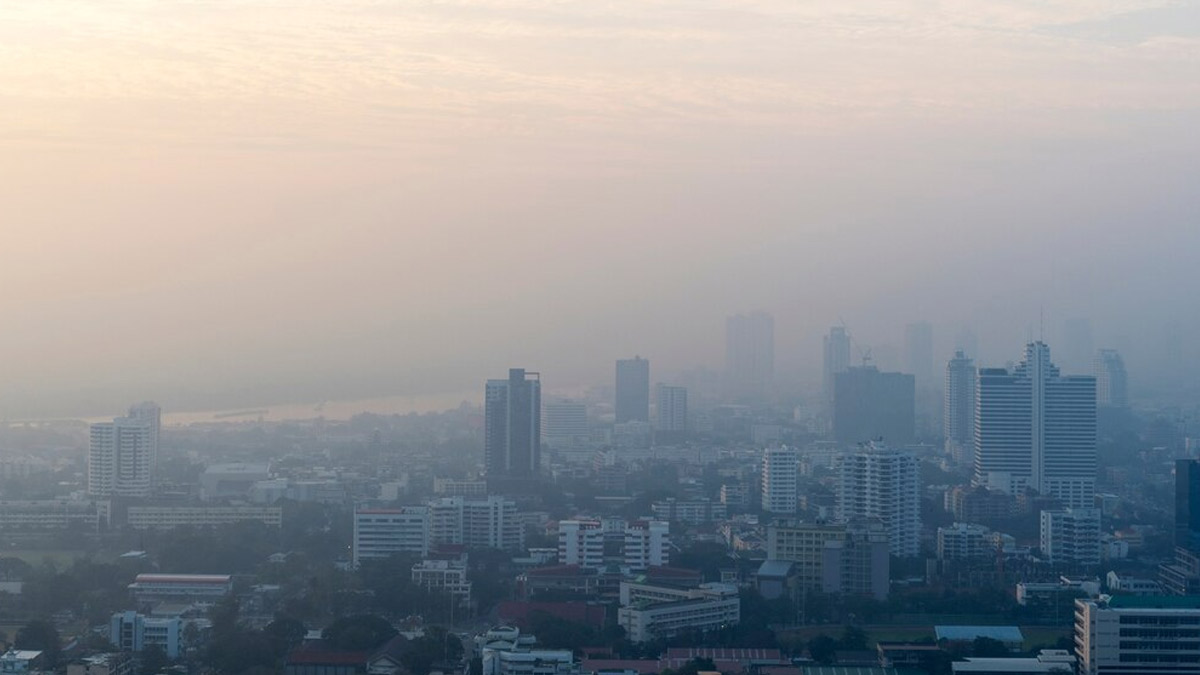
The devastating repercussions of poor air quality have long plagued Delhi, India’s capital. The problem of air pollution has become a part of its citizens’ daily lives, resulting in a variety of health difficulties. While addressing the underlying causes of pollution remains a challenging task, adopting a balanced and healthful Indian cuisine can help to mitigate the consequences of air pollution on health.
Antioxidant-rich Fruits and Vegetables
Including a variety of fruits and vegetables in your diet is essential. Fruits like citrus fruits, guavas, and berries are high in vitamin C, a potent antioxidant that helps protect the body from the harmful effects of air pollution. Vegetables like spinach, kale, and broccoli are rich in vitamins A and E, which also act as antioxidants.
Turmeric: The Golden Spice
Turmeric, a staple in Indian cuisine, contains curcumin, a powerful anti-inflammatory and antioxidant compound. Consuming turmeric can help reduce inflammation in the respiratory system caused by exposure to polluted air.
Also read: As Air Pollution In Delhi-NCR Gets Worse, People React On Their Worsening Health
Green Tea
As per Science Reports, Green tea is loaded with antioxidants known as catechins, which can help combat oxidative stress caused by air pollution. Incorporating green tea into your daily routine can support your body’s natural defense mechanisms.
Omega-3 Fatty Acids
Fish, particularly fatty fish like salmon and mackerel, are rich in omega-3 fatty acids. These healthy fats help reduce inflammation and improve lung function, making them a valuable addition to an anti-pollution diet.
Nuts and Seeds
Almonds, walnuts, flaxseeds, and chia seeds are excellent sources of essential nutrients and healthy fats. They can help boost your immune system and reduce inflammation, protecting your body from the harmful effects of pollution.
Spices: Cinnamon, Cloves, and Garlic
Indian spices like cinnamon and cloves have been traditionally used for their anti-inflammatory properties. Garlic is known for its immune-boosting effects. Incorporating these spices into your meals not only enhances flavor but also promotes better health.

Hydration
Staying well-hydrated is crucial for flushing out toxins and maintaining healthy mucous membranes in the respiratory system. Drinking sufficient water and herbal teas can aid in this process.
Whole Grains
Eat whole grains like brown rice, whole wheat, and oats, which are rich in fiber and provide sustained energy. A diet rich in whole grains supports overall health, including lung function.
Also read: Study Reveals Traffic-related Air Pollution Increases Dementia Risk
Avoid Processed Foods
Processed and fast foods are often high in trans fats, sugar, and unhealthy additives. These can exacerbate inflammation and weaken your body’s defense mechanisms. It’s best to limit or eliminate these from your diet.
The Indian diet, with its emphasis on antioxidants, anti-inflammatory ingredients, and whole foods, provides an effective strategy for combating the negative effects of polluted air. By making informed food choices, residents can take a significant step towards breathing easier and safeguarding their well-being in the face of air pollution.




